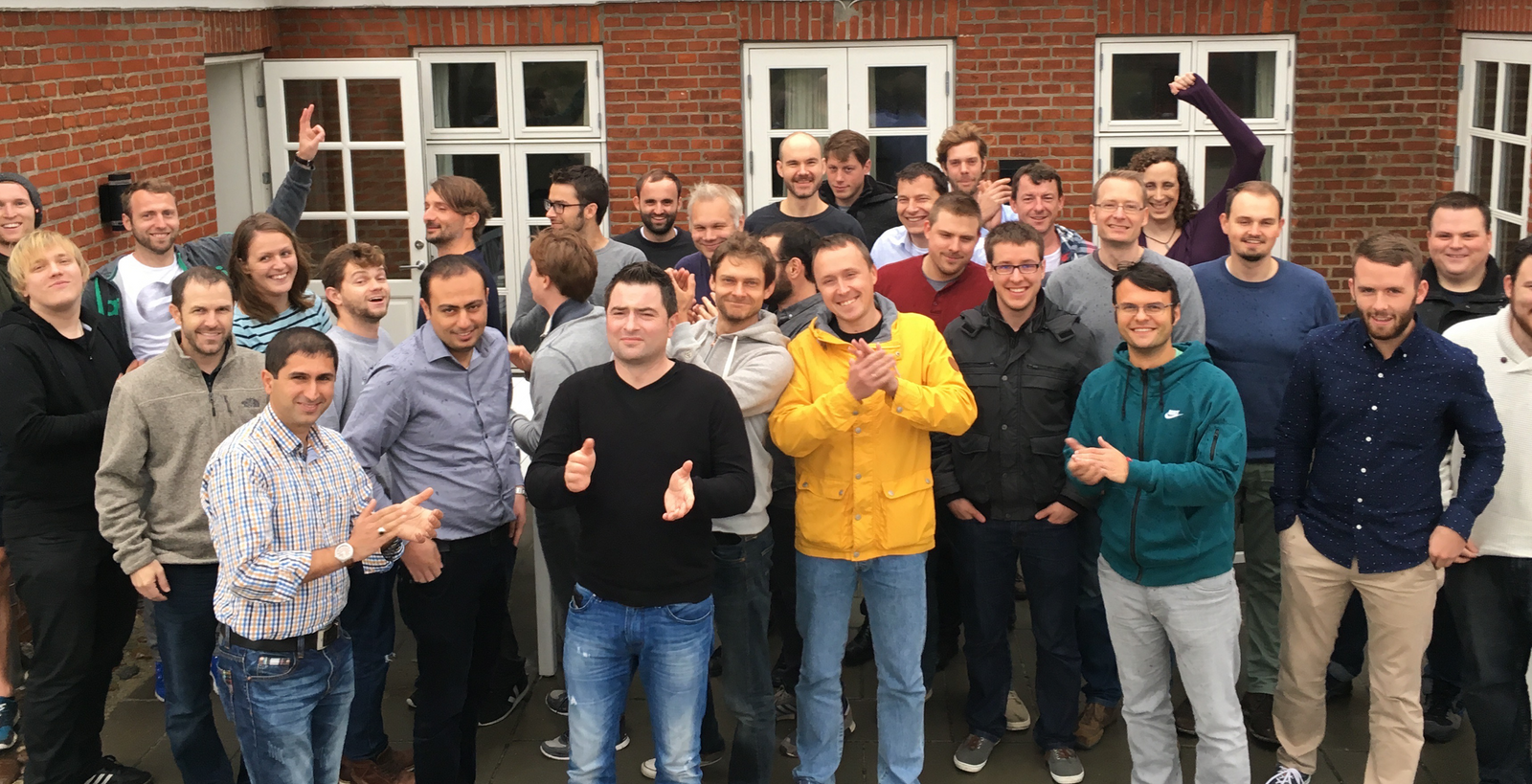Code Camp — Making space for ideas beyond a roadmap
How might we create an environment in which the creative potential in our developer community is unleashed? What might be an alternative way of ideating and developing new features in a short period of time?
The idea behind a Code Camp
Many innovative and successful companies from all over the world are experimenting with flexible, creative working time models. Usually, companies offer their employees the chance to spend a defined amount of working hours on personally developed, innovative projects. This can range from a limited time off-duty to a percentage of time during regular weekly working hours.
These models share the goals of fostering creativity and motivating employees to think outside the box. The company benefits from innovative ideas and prototypes that are developed internally. Take Google’s 20% rule for example: Gmail, Google News, and AdSense are products that started in the creative 20% time-share Google grants their employees. All of them are now an integral part of the company’s product range.
The main aspect of this is to get to know each other and of course to get some work done which is not so much the day-to-day stuff.
Product features are often driven from the business side. But engineers have their ideas of where the product should go. These ideas might differ from those of product management. Creating an environment in which the creative potential of the engineering community is untapped by giving time off the usual agenda seems costly at first. What can be really done in a short period of creative whitespace?
Organizing Code Camp 2015
A week of work with full focus on a handful of self-picked projects really helps to quickly create prototypes in a large interdisciplinary team. Team members ranged from infrastructure specialists to data scientists and frontend developers, all brought together by great ideas. Some of the ideas were discussed in advance and were pitched on the first day, others emerged during the week, thanks to the constant exchange of information between the participants.
Leaving the office was a crucial success factor for the event; providing an atmosphere of something genuinely new and different - a location removed from our daily surroundings, in the middle of nowhere. No distraction from day-to-day tasks and no last-minute requests from other departments.
Bringing people together was another very important goal of Code Camp. Cooking together, having a beer in the whirlpool, or having conversations at the fireplace, led to a positive social impact. Forging a new team spirit was essential, as the work groups had been formed just shortly beforehand, as well as getting to know and including many new colleagues from different locations.
So, in November 2015 we went to Henne Strand (Denmark) for our Code Camp. 35 developers from all parts of the company from Stuttgart (DE), Hamburg (DE) and Portland (US), Austin (US) were accommodated in three large cottages set on the dunes next to the beach. The conditions for an extraordinary week were achieved with plenty of possibilities to free the mind through leisure time.
Having a fixed organization team was another crucial point to the success of the Code Camp. Starting at how a day at Code Camp should be structured, and then evaluating and integrating possible project approaches, searching and booking suitable accommodation, organizing travel plans, and straightening out food and drink logistics - these things would never have worked without good preparation. Besides planning, good documentation ensures that nobody forgets the Code Camp of 2015.
Important for organizing a Code Camp
- confident management willing to support this format
- organizing staff on location
- suitable accommodation in the middle of nowhere
- kitchen and ingredients for self-catering
- leisure time activities like billiard, foosball, air hockey, fireplace, beach, …
- a place for grocery shopping in the area (easily accessible by car)

